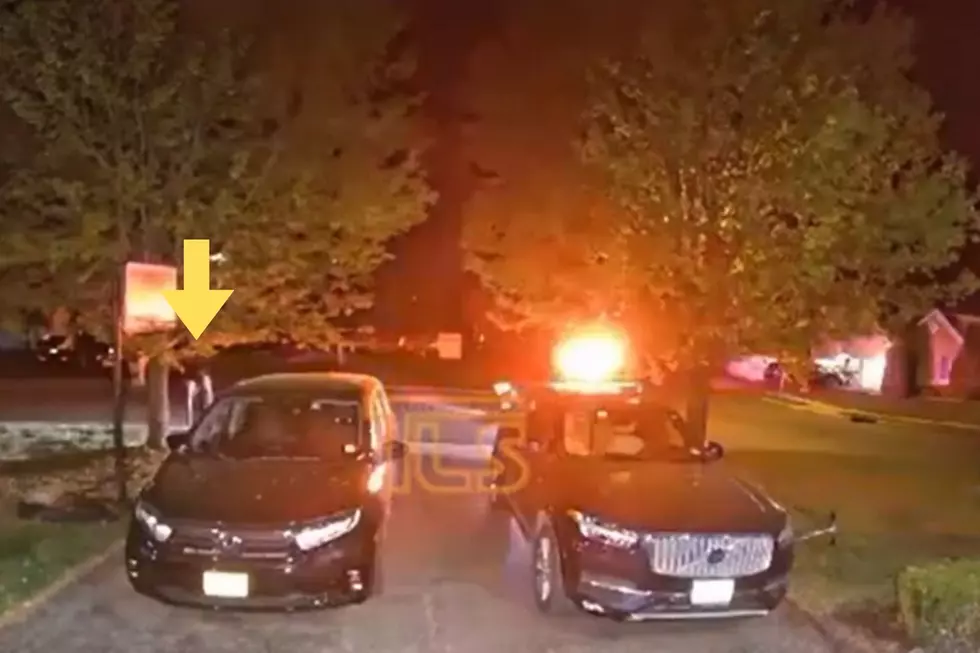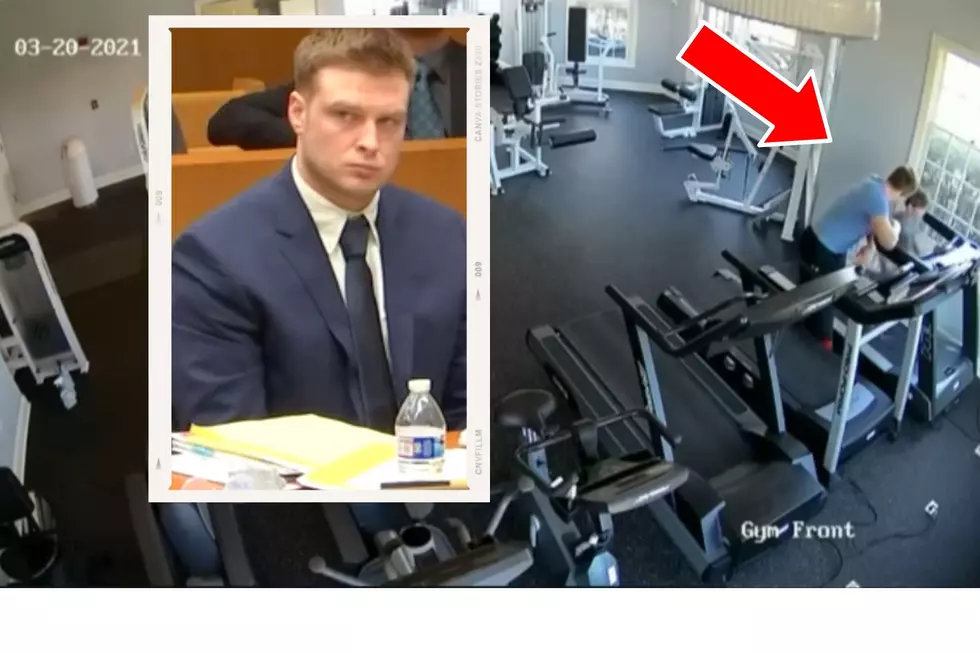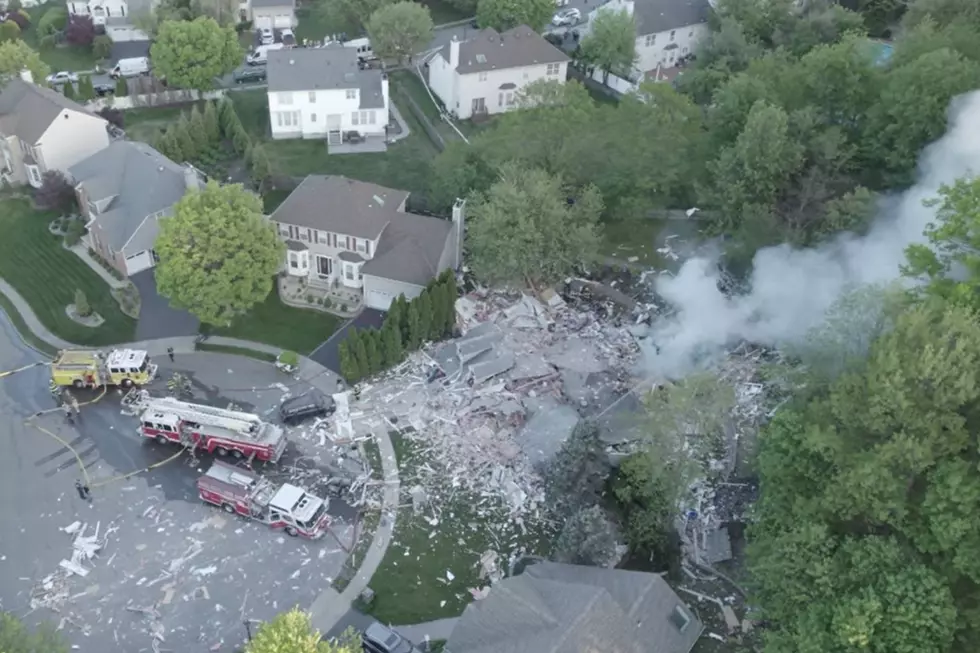
Hamas agrees to 24-hour holiday truce in Gaza war
GAZA CITY, Gaza Strip (AP) -- Hamas says it has agreed to a 24-hour humanitarian truce in the Gaza war ahead of a major Muslim holiday.
Hamas spokesman Sami Abu Zuhri said the truce would go into effect at 2 p.m. (1100 GMT) Sunday. The three-day Eid al-Fitr holiday, which caps the Muslim fasting month of Ramadan, is expected to begin Monday or Tuesday, depending on the sighting of the new moon.
Israel had offered a 24-hour truce late Saturday, but Hamas rejected it, firing more rockets on Israel. In response, Israel's military resumed operations in Gaza.
Lt. Col. Peter Lerner, an Israeli army spokesman, did not say if Israel would hold its fire during the time requested by Hamas, but said troops would continue demolishing Hamas military tunnels.
Israel resumed its Gaza offensive on Sunday, calling off a unilateral extension of a humanitarian cease-fire after Palestinian militants fired several rockets at southern Israel.
The rocket fire began late Saturday after Gaza's Hamas rulers, who have demanded the lifting of an Israeli and Egyptian blockade on the territory and the release of prisoners, refused to extend the truce.
Israel's Cabinet had decided to extend the cease-fire for 24 hours, until midnight (2100 GMT) Sunday. However, it warned that the military would respond to any fire from Gaza and would continue to demolish cross-border tunnels used by militants to stage attacks.
The military said about a dozen rockets were fired toward Israel since midnight -- without causing casualties or damage -- and that as a result it would "resume its aerial, naval and ground activity in the Gaza Strip."
"Once again Hamas is cynically using the people of Gaza as a human shield," Israeli Prime Minister Benjamin Netanyahu's office said in a statement.
Shortly thereafter, clashes erupted between Israeli troops and Gaza militants and the sounds of explosions echoed across the coastal territory. The Islamic Jihad group said one of its field commanders was killed by tank fire near the southern Gaza town of Khan Younis.
The 20-day war has killed more than 1,050 Palestinians, mainly civilians, according to Palestinian health officials. Israel has lost 43 soldiers. Two civilians and a Thai worker in Israel were killed by rocket and mortar attacks from Gaza.
The 12-hour lull on Saturday -- agreed to by both sides following intense U.S. and U.N. mediation efforts -- saw Palestinians return to neighborhoods reduced to rubble and allowed medics to collect close to 150 bodies, Palestinian health official Ashraf al-Kidra said.
The Hamas rejection of a further lull complicated the efforts of U.S. Secretary of State John Kerry and European foreign ministers, who were meeting in Paris in hopes of transforming the cease-fire into a more sustainable truce.
Israel launched its military operation on July 8 and later sent ground forces into Gaza to stop relentless rocket fire and to destroy a sophisticated network of Hamas tunnels that could be used to infiltrate the country.
The military says it is doing its utmost to prevent civilian casualties, including by sending evacuation warnings to residents in targeted areas, and blames Hamas for putting civilians in harm's way.
Hamas and other militants in Gaza have fired more than 2,400 rockets at Israel since hostilities began on July 8, many deep into the Israeli heartland and toward most of the country's major cities. Casualties in the Israeli side have stayed relatively low thanks to Israel's sophisticated Iron Dome missile defense system and because residents have been vigilant about seeking shelter quickly upon hearing the air raid sirens.
Hamas spokesman Sami Abu Zuhri said any truce must include a withdrawal of Israeli forces from Gaza, and that tens of thousands of displaced people must be allowed to return to their homes. Israel's current terms are "not acceptable," he said in a text message to journalists.
Israel's acceptance of the cease-fire extension was premised on its soldiers remaining in Gaza to destroy the more than 30 tunnels the military says it has already found in the densely populated coastal strip. Israel says the tunnels represent a strategic threat because they allow Hamas fighters to carry out attacks on Israeli territory.
© 2014 The Associated Press. All rights reserved. This material may not be published, broadcast, rewritten or redistributed.
More From New Jersey 101.5 FM









